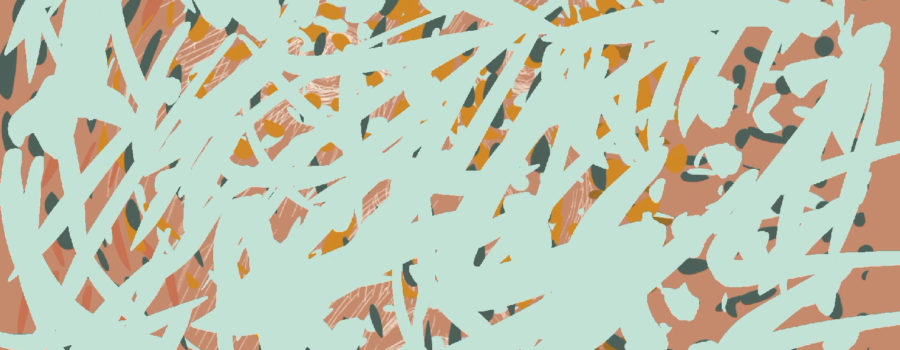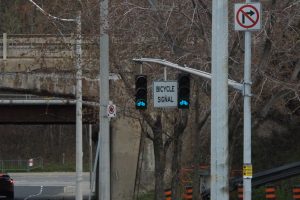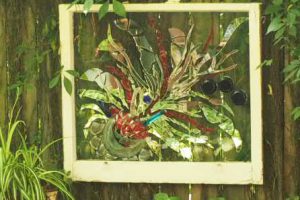Messages for Victims and Survivors of Crime Week – Part 1 of 7 in series
A Learning and Violence Stance is a place to stand with curiosity, resisting judgment, before the colonial gaze of diagnoses, labels, and standard stories shape our view.
There is usually sharp relief when a particular incidence of violence ends, when a captor is released, or a war ends. But there is rarely acknowledgement of the ways that violence lives on in us, or how each violent experience, large or small, echoes and vibrates with every other moment of violence in our lives. It continues to reverberate and impact what and how we learn long after any individual incident is over.
Violence is rarely, if ever, a singular, acute event; there are usually patterns where people have been or continue to be diminished and disrespected, whether by the same perpetrator, or others like them. For anyone whose whole community is devalued in this society—by race, ability, or any other systemic injustice—violence can be ongoing and relentless, and so ordinary it may not get named as violence. Violence is not in the past, and we don’t just get over it, whether it’s violence against an individual, a community, or a people.
Violence dehumanizes us. It denies us comfort in our own bodies, steals safety from home, pleasure from public spaces, and it passes down pain from generation to generation. All violence should be recognized as a crime. Violence is a toxic soup. The ingredients vary; the pieces are surely sharper, harder to swallow, more virulently poisonous for some than for others; but nobody is free of it.
Yet usually, society and support services operate as if violence is not commonplace and everyday, but a one-off and finite event. We are expected to get on with our lives as if it never happened—to return to “normal” as if there were a place free from violence. These expectations erase lived reality from view. They make it harder to move forward, to heal harm, and to share wisdom learned at such terrible cost.
When we fully take in this picture, it becomes clear that it is not individuals that need to change, but society itself, and the systems that are founded on and benefit from violence. Institutions and systems set up to serve those acknowledged as victims of violence may also too often add further harm, unless they understand their role in perpetuating it.
It is a challenging and precarious balancing act, supporting ourselves and others to engage creatively in this world as it is, while we also hold awareness of the breadth and extent of violence and its impact. Yet it is holding that tension between individuals and society that we need to do if we are to be part of decolonizing practices, growing more humane systems—breathing something substantially different into existence.
Where do you find support for your part in this complex endeavour?
About the Author
I am an educational researcher, a white first-generation settler in Canada, a migrant from England by way of Sierra Leone, where I spent nearly four years beginning to unlearn much I had been taught about the world in England. In Sierra Leone I absorbed new awareness of colonialism and white privilege, though I didn’t really understand the significance of those lessons until years later.
For more than thirty years I have been studying the impacts of all forms of violence on learning, and exploring how to support more effective and joyful learning of the things we choose to learn, at any age and in any setting. I first stumbled over the connection between violence we experience and how and what we learn during my doctoral research in the 80s, and later came to understand that what I heard resonated with some of my own childhood experiences.
I have learned a lot over the years, from research, experience, the wisdom of colleagues and students of different races, religions, cultures, and socioeconomic locations from my own, and a wide variety of training and study.
I prefer the language of a Learning and Violence Stance to the commonly used “trauma-informed”, in order to stress this point of view that recognizes the multifaceted nature of violence in society, and the correspondingly complex pressures when any one of us try to support learning, our own or others’, within colonial institutions and an unjust society founded on violence.
This post is also published at LAVA.care and is part of a set of materials created as part of Victims and Survivors of Crime Week 2021 with the support of Justice Canada.





Leave a Reply
We want to hear from you